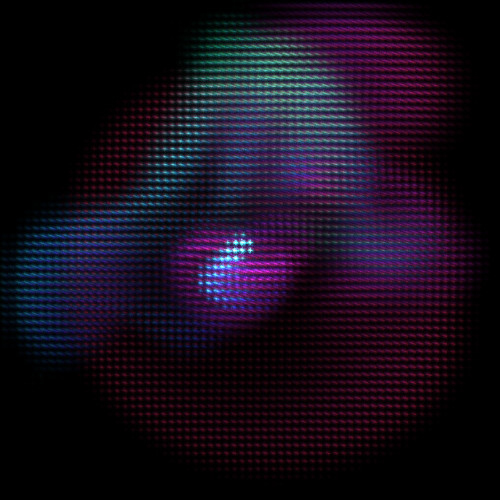
Fluid
Simulating dye in a fluid
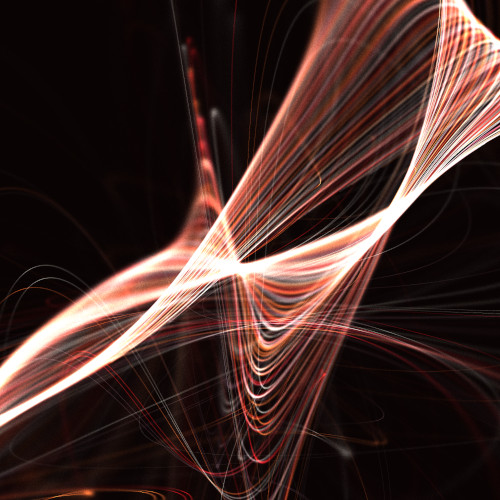
Pulse IV
Trails of pulsating particles chase each other in a vacuum
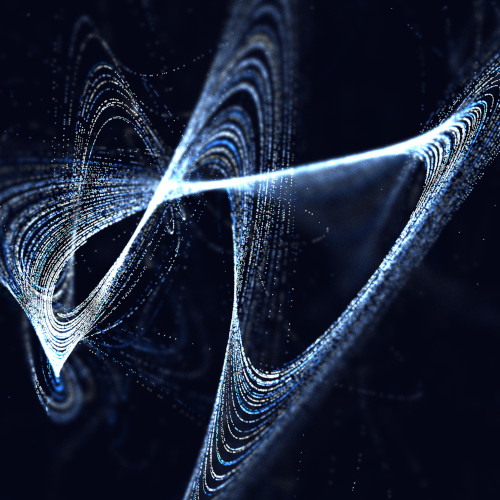
Pulse III
Trails of pulsating particles chase each other in a vacuum
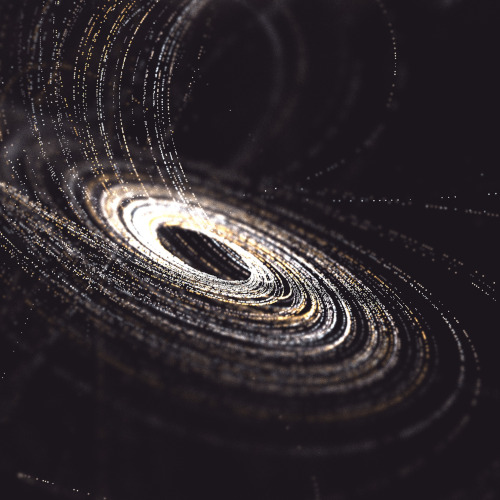
Pulse II
Trails of pulsating particles chase each other in a vacuum
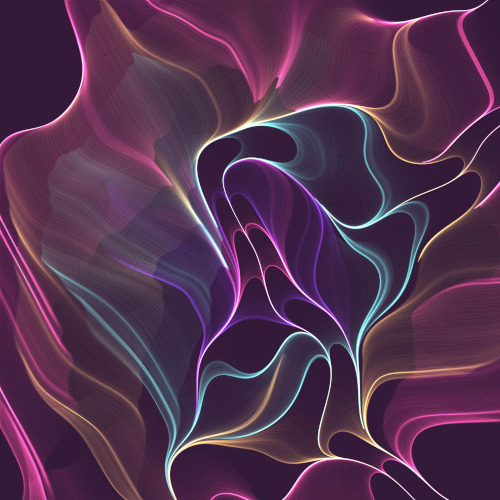
Plasma
Plasma: An ionized gas consisting of positive ions and free electrons in proportions resulting in more or less no overall electric charge, typically at low pressures (as in the upper atmosphere and in fluorescent lamps) or at very high temperatures (as in stars and nuclear fusion reactors)
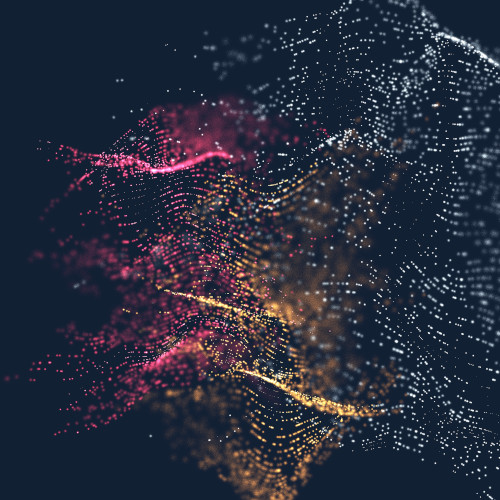
Pulse
Playing with a new technique. I suspect there will be more to follow…
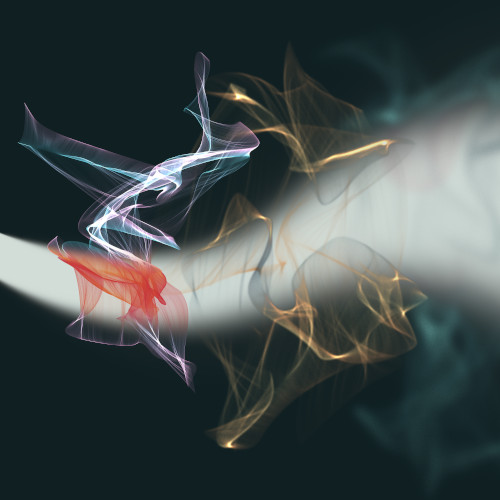
Smoke Dancers
An evolution of Membrane, experimenting with some faux depth-of-field
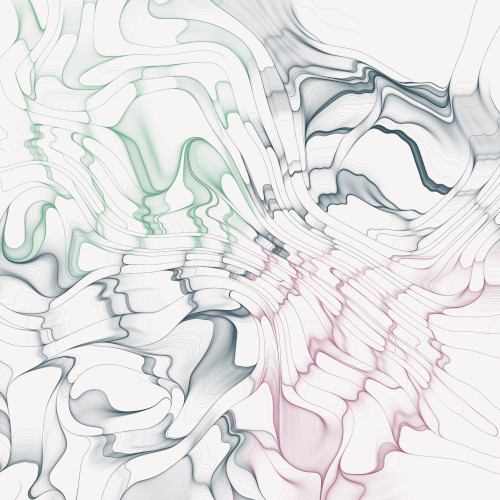
Immiscible
Immiscible: Incapable of being mixed to form a homogeneous substance.
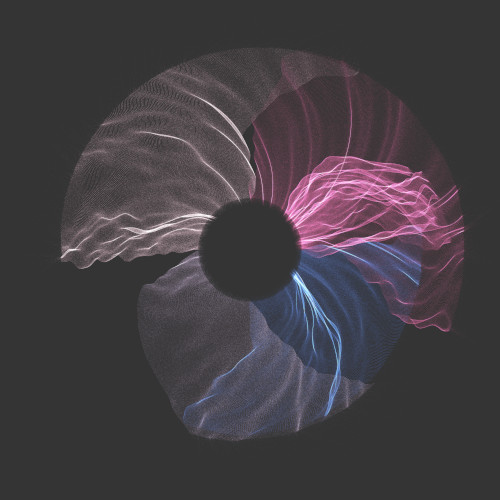
Iris
An abstract form originally inspired by the structure of the human iris.
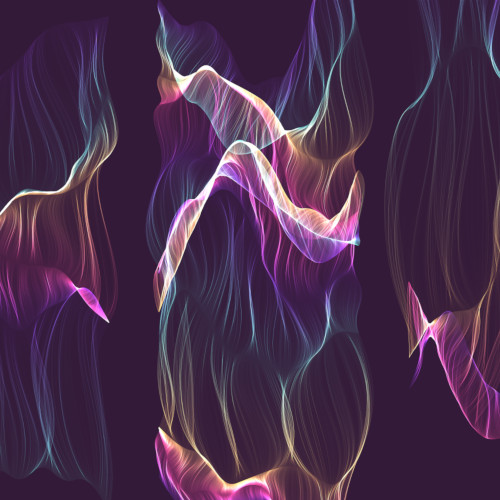
Membrane
Membrane: A flexible enclosing or separating tissue forming a plane or film and separating two environments.
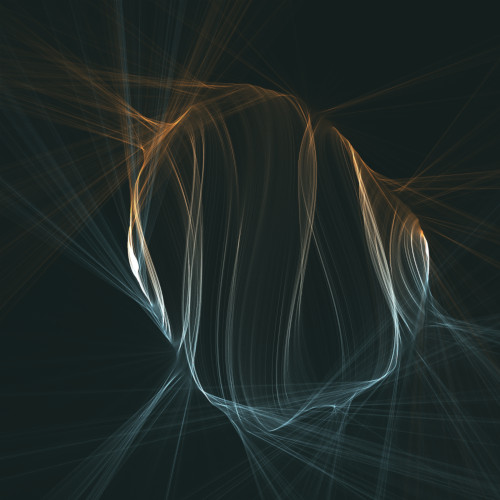
Cypraea
Cypraea are a type of sea snail or cowry, with a smooth, rounded, polished shell.

Papertori
Paper-like layers of graduated colour stack up to form an illusion of depth.

Haptic Hierachy
160,000 connected particles keep in touch with their soulmate, despite a class divide between swarms
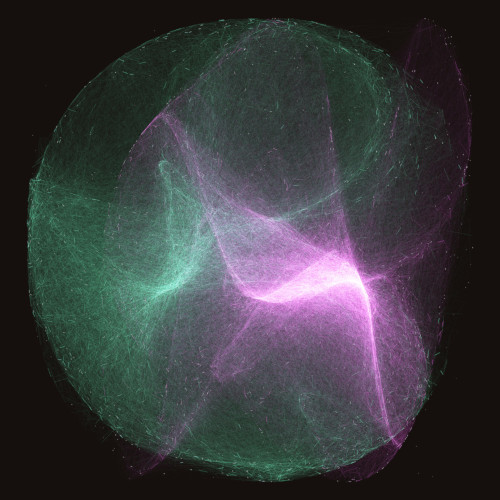
Paradoxical Proximity
Two lonely entities close in space but unable to interact, perpetually searching for contact.

Rotralva
Lines like rungs of a ladder eminate from the core, spiraling and dissolving as they are left behind

Daizy
Comissioned (sort of…)

Stratata
Inspired by layered patterns exposed in cliffs

Dizoolexa II
Part II of Dizoolexa

Dizoolexa
20,000 particle trails through a simplex curl field

Loopnova
Some initial experiments with simulating slime mold Physarum polycephalum - from very simple mechanisms the mold is able to efficiently scavenge for and transport food through emergent networks of paths.

Aloidia
Points on the edge of two circles are connected by a faint light. As the points move around their circle, the emitted light slowly begins to build up and change color.

Inkdrop I - Mizule
Several ink droppers roam the canvas at different heights, dropping ink at regular intervals.

Radfold
Started as a hobby project to recreate Orbit Clock (Jared Tarbell) in Golang, but some interesting glitches appeared (likely coding errors on my part somewhere…), leading to a more scaffold-like structure in places.

Wisps II: Darknaught
The second in the Wisps series, using the same technique as Wisps I.

Wisps I: Dualline
The first in a series. These are generated using a technique based on Orbitals by Anders Hoff, which in turn was inspired by Happy Place by Jared Tarbell.
